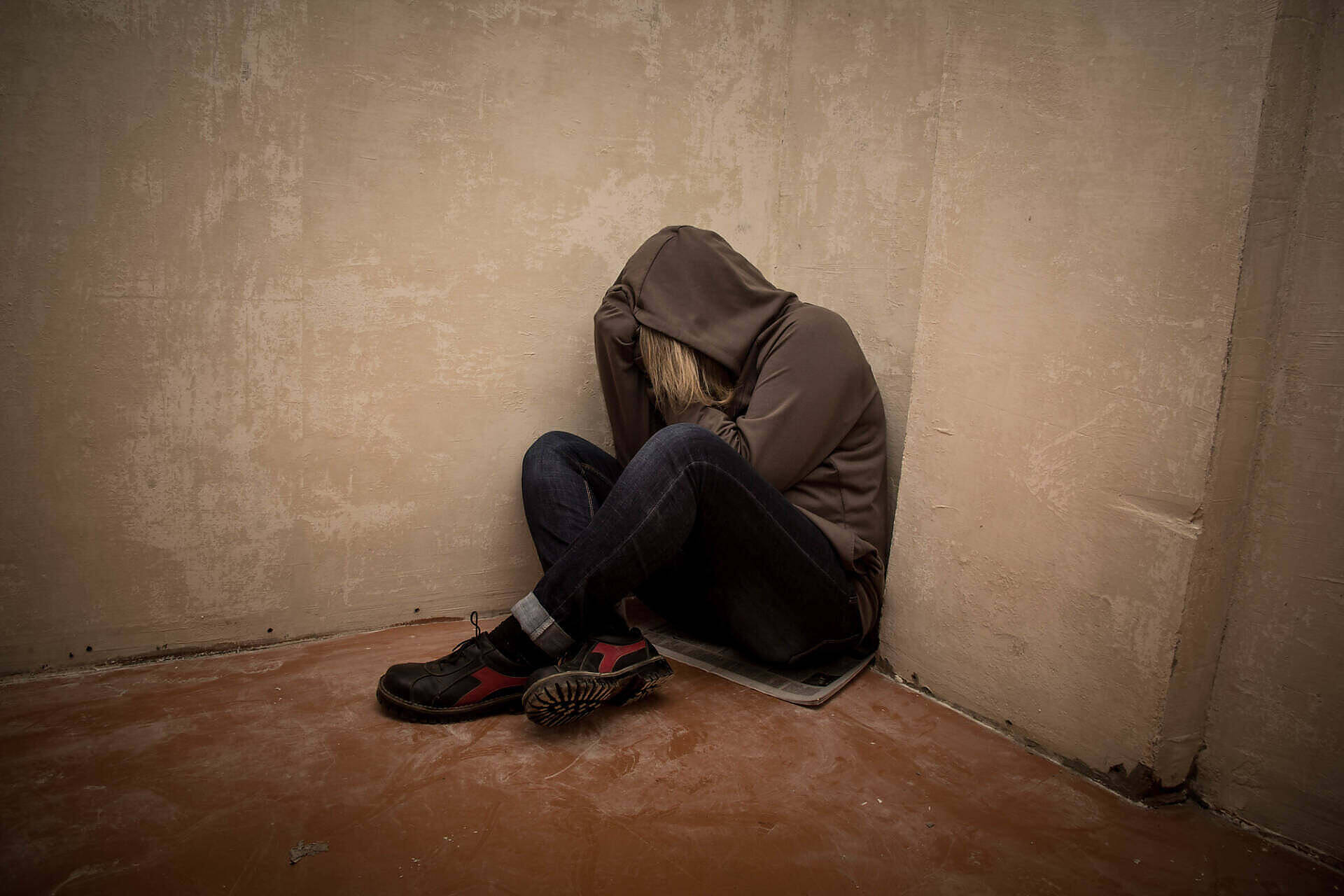Heroin addiction is a severe and life-threatening condition that affects millions of people worldwide. It is a highly addictive opioid drug that alters brain chemistry, leading to dependency and destructive behaviors. Understanding the signs and symptoms of heroin addiction, as well as the treatment options available, is crucial for individuals struggling with substance abuse and their loved ones.
Understanding Heroin Addiction
Heroin is an opioid derived from morphine, a natural substance extracted from the opium poppy plant. It is usually found as a white or brown powder or a sticky, black substance known as “black tar heroin.” The drug can be snorted, smoked, or injected, and its effects are immediate, producing intense euphoria and relaxation.
However, repeated heroin use leads to dependence, as the brain becomes reliant on the drug to release dopamine – a neurotransmitter associated with pleasure. Over time, users develop a tolerance, requiring higher doses to achieve the same effect, leading to addiction.
Signs and Symptoms of Heroin Addiction
Recognizing heroin addiction early can help prevent serious consequences. The signs and symptoms of heroin use can be categorized into physical, behavioral, and psychological changes.
Physical Signs of Heroin Use
- Pinpoint pupils (constricted pupils)
- Drowsiness or sudden sleepiness (also known as “nodding off”)
- Dry mouth
- Flushed skin
- Slowed breathing or shallow breathing
- Nausea and vomiting
- Itchy skin
- Weight loss due to appetite suppression
- Track marks or bruises (if injected)
- Runny nose (if snorted)
Behavioral Signs of Heroin Addiction
- Mood swings and erratic behavior
- Increased secrecy or withdrawal from loved ones
- Neglecting responsibilities at work, school, or home
- Sudden financial problems or stealing to support drug use
- Loss of interest in previously enjoyed activities
- Engaging in risky behaviors, such as unprotected sex or driving under the influence
Psychological Indicators of Heroin Addiction
- Anxiety and depression
- Intense cravings for heroin
- Paranoia and hallucinations (in severe cases)
- Memory loss and difficulty concentrating
- Lack of motivation and apathy
If you or someone you know exhibits these signs, seeking professional help is essential.
The Dangers of Heroin Addiction
Heroin addiction has devastating consequences, both physically and mentally. Prolonged use increases the risk of:
- Overdose: Due to its potency, heroin overdose is common and can result in respiratory failure or death.
- Infectious Diseases: Needle sharing among users increases the risk of HIV, hepatitis B, and hepatitis C.
- Heart and Lung Complications: Heroin can cause infections of the heart lining, pneumonia, and other respiratory issues.
- Mental Health Disorders: Long-term use can lead to severe anxiety, depression, and suicidal thoughts.
Early intervention is critical to prevent these complications and improve the chances of recovery.
Heroin Withdrawal Symptoms and Timeline
When a person stops using heroin, withdrawal symptoms begin as the body struggles to function without the drug. Heroin withdrawal can be highly uncomfortable, making it challenging for individuals to quit on their own.
Common Withdrawal Symptoms
- Severe cravings
- Sweating and chills
- Muscle aches and joint pain
- Insomnia and restlessness
- Nausea, vomiting, and diarrhea
- Rapid heart rate and high blood pressure
- Anxiety and agitation
- Depression and suicidal thoughts
Heroin Withdrawal Timeline
- 6-12 hours after last use: Initial withdrawal symptoms appear, including anxiety, muscle aches, and cravings.
- 24-48 hours: Symptoms peak, with severe sweating, nausea, vomiting, diarrhea, and restlessness.
- 3-5 days: Symptoms begin to subside, although anxiety and insomnia may persist.
- 1-2 weeks: Psychological symptoms, including depression and cravings, can linger.
Medical supervision during withdrawal is highly recommended to ensure safety and minimize discomfort.
Heroin Addiction Treatment Options
Recovery from heroin addiction is possible with the right treatment approach. Several evidence-based treatment options can help individuals detox and rebuild their lives.
1. Medical Detox
Medical detox is the first step in heroin addiction treatment. It provides a safe environment where individuals can withdraw under medical supervision. Doctors may prescribe medications such as:
- Methadone: Reduces cravings and withdrawal symptoms.
- Buprenorphine (Suboxone): Helps ease withdrawal symptoms and blocks the effects of heroin.
- Naltrexone: Prevents heroin from producing pleasurable effects, discouraging use.
2. Inpatient Rehabilitation
Inpatient or residential rehab programs offer 24/7 medical care, therapy, and support. These programs typically last 30 to 90 days and provide a structured environment for recovery.
3. Outpatient Treatment
Outpatient rehab allows individuals to receive treatment while continuing daily activities. It includes counseling, therapy, and medication-assisted treatment (MAT).
4. Behavioral Therapy
Therapy is a crucial component of heroin addiction treatment. Common approaches include:
- Cognitive-Behavioral Therapy (CBT): Helps individuals identify and change negative thought patterns.
- Contingency Management (CM): Provides rewards for staying drug-free.
- Motivational Interviewing (MI): Encourages individuals to find personal motivation for recovery.
5. Support Groups
Support groups such as Narcotics Anonymous (NA) provide peer support and accountability. Many recovering individuals find strength in shared experiences and group meetings.
Preventing Relapse and Maintaining Long-Term Recovery
Overcoming heroin addiction is a lifelong journey. To prevent relapse, individuals should:
- Build a Support System: Surrounding oneself with positive influences and avoiding triggers can reduce relapse risk.
- Continue Therapy: Regular therapy sessions help individuals stay on track.
- Engage in Healthy Activities: Exercise, meditation, and hobbies can provide positive alternatives to drug use.
- Use Medication-Assisted Treatment: Some individuals may benefit from long-term medication support.
Heroin addiction is a challenging and dangerous condition, but with the right treatment, recovery is possible. Recognizing the signs and symptoms of addiction, seeking professional help, and following a comprehensive treatment plan can save lives. If you or a loved one is struggling with heroin addiction, reach out to a treatment center today and take the first step toward a healthier, drug-free life.






